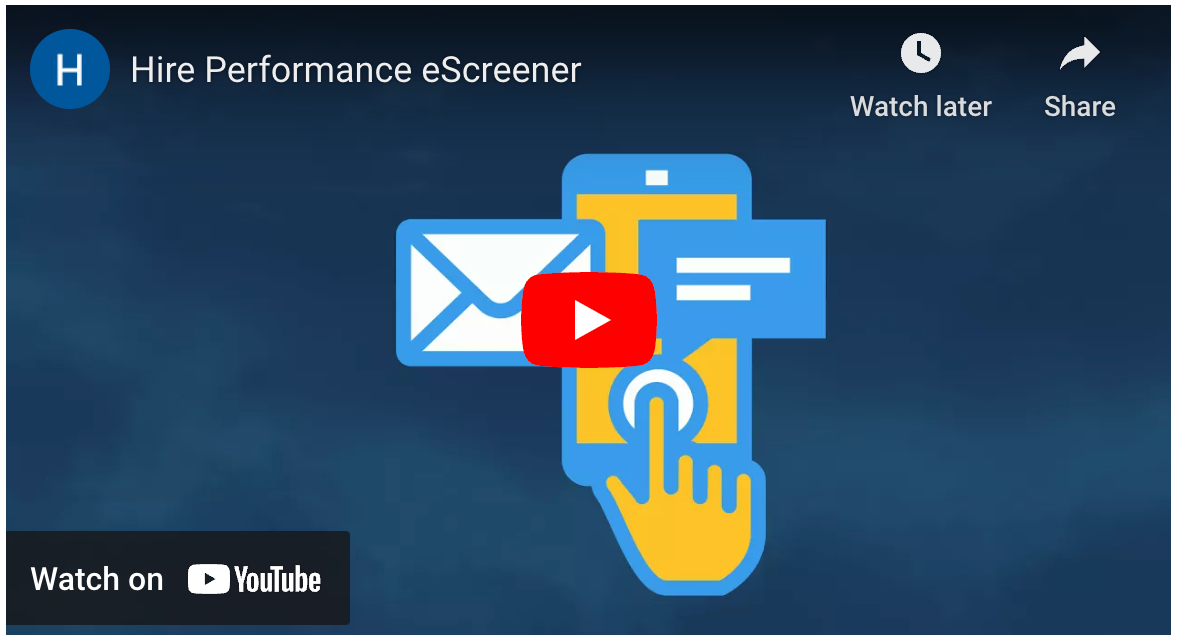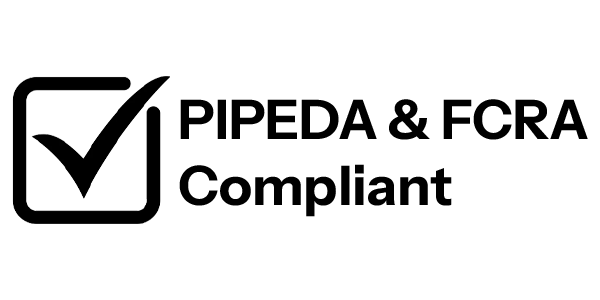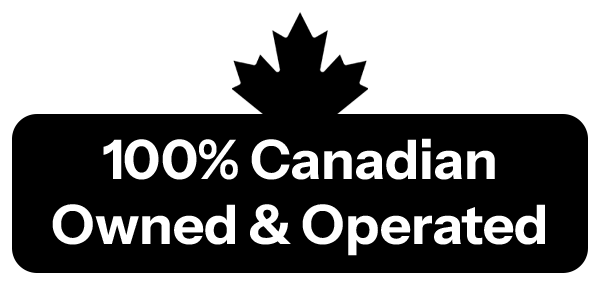What is the Protection and Electronic Documents Act (PIPEDA)?
Tim Hardie • July 31, 2019
In 2004, the Canadian government fully implemented the Personal Information Protection and Electronic Documents Act (PIPEDA) to govern how organizations in the federally-regulated sector use and disclose personal information for commercial reasons.
In general, any company that falls under the legislative authority of the Parliament of Canada is subject to PIPEDA - for instance, companies in banking, telecommunications, or aviation are required to follow the rules outlined in the Act.
Fair Information Principles
PIPEDA outlines ten fair information principles for companies to follow:
- Accountability: Organizations are held responsible for the personal information they have collected.
- Identifying Purposes: Organizations must specify why they are requesting personal information.
- Consent: Individual knowledge and consent are required for the collection, use, and/or disclosure of personal information.
- Limiting Collection: Organizations can only collect necessary personal information. For instance, companies do not need to know an individual’s driver’s license information if driving will not be part of an individual’s job.
- Limiting Use, Disclosure, and Retention: Personal information can only be used or disclosed for the reason it was collected (unless an individual provides additional consent or if required by law).
- Accuracy: Personal information must be as accurate, complete, and as up-to-date as possible.
- Safeguards: There must be an appropriate level of security depending on the sensitivity of the information. As most information is stored virtually, organizations must ensure they have an appropriate level of cybersecurity in place.
- Openness: An organization’s policies and practices relating to the collection and management of personal information must be readily available to the public.
- Individual Access: If an individual wants to be informed of the collection/use/disclosure of their personal information, an organization must comply. Individuals are also allowed to challenge the accuracy of the record.
- Challenging Compliance: Individuals are allowed to challenge an organization’s compliance with these ten principles and PIPEDA overall.
Stay in line with the law by double-checking that your organization and any third-party vendors you work with follow the ten principles outlined in PIPEDA - penalties and fines go up to $100,000 for non-compliance.
Jobseekers - What does this mean for me?
Ultimately, PIPEDA was designed with organizations in mind. Nevertheless, it is a good idea to understand what PIPEDA is and the limitations that come with it to ensure your rights are respected.

Industry Leading Technology for Background Checks & Screening
eScreener uses Kount Identity Verification™ technology to verify identity with confidence. This technology cross checks applicant information against Equifax and 3rd party data sources to validate an identity and to determine whether that identity has been reported as misused or associated with potential fraudulent activity. This is done in real time by accessing millions of records, providing instant results in our eScreener.
WHY CHOOSE HIRE PERFORMANCE?
Pre-Employment Screening Benefits
Our industry leading expertise and cutting edge technology help organizations detect potential risks such as resume fraud, criminal convictions, and past terminations.












